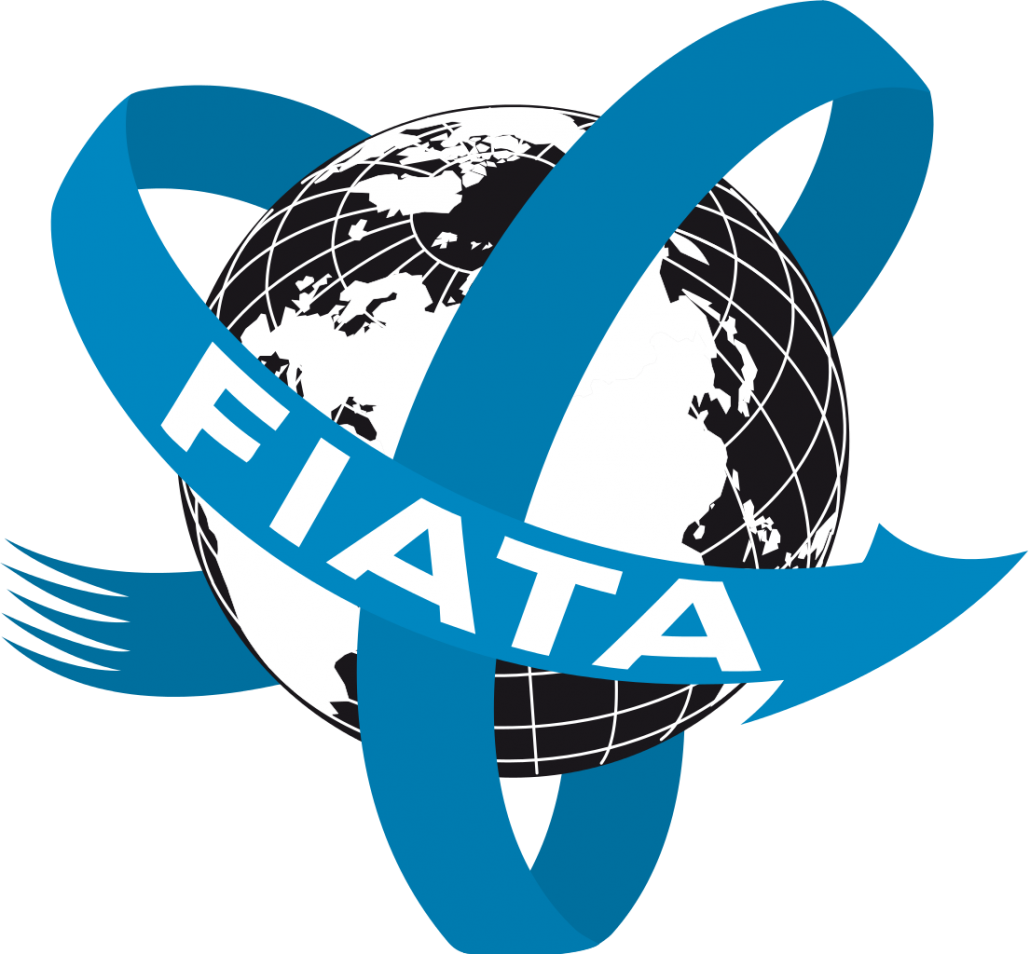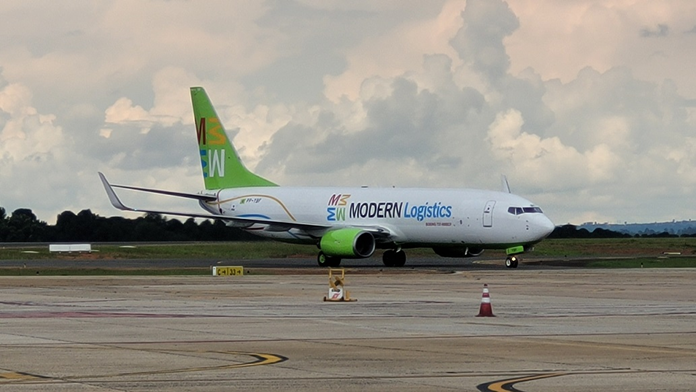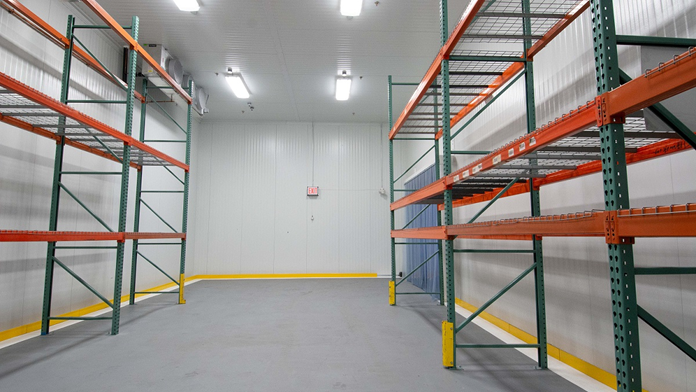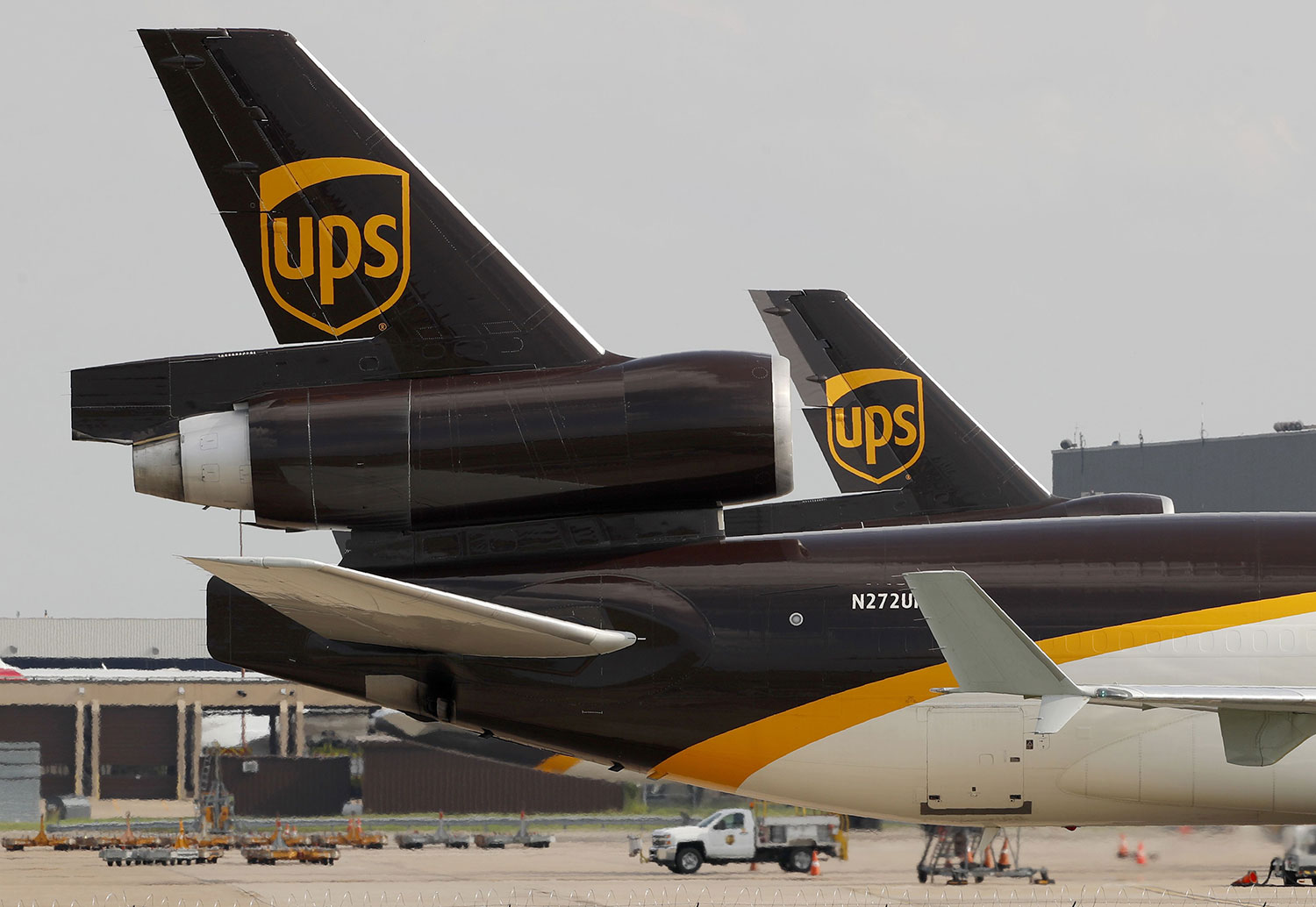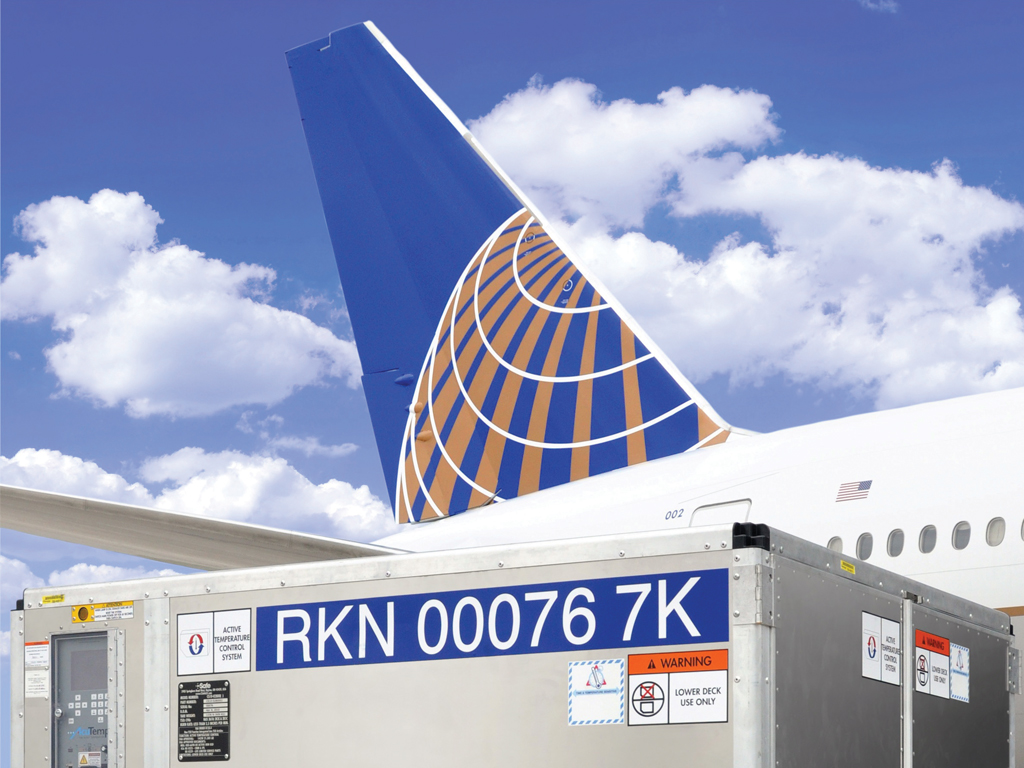FIATA, the International Federation of Freight Forwarders Associations, today voiced its concern as to the impact of the current Coronavirus crisis on the movement of goods, and calls for the relaxation of a variety of governmental and non-governmental entities monopolistic positions at ports and airports as to fiscal charges. With rapid escalation of travel restrictions and closed borders as to people movement, the movement of goods has also been compromised.
FIATA President, Basil Pietersen, in a communique to members noted that these are unprecedented times where in most of our living memories has the world faced such a global crisis. With the priority being to combat the global health pandemic by governments, FIATA sees a need to also focus on the business outcomes which drive our societal and personal outcomes.
The global supply chain, while compromised, continues to be operational however in a very fractured state. It is known that the revival of national economies is totally linked to global trade and while governments may set the policy on such, it is traders who trade and FIATA members who ensure the delivery of those goods to users and consumers. Shipping lines, airlines and other transport operators provide the conveyance and are chosen as the method of transport most cost effective by the international freight forwarder. So, in this logistics struggle freight forwarders are a key component.
The role of FIATA members is to ensure the supply of food and basic necessities for communities and economies and their citizens affected by Covid-19.
While FIATA notes the resilience of its National Association affiliates and their members, FIATA calls its community to unite and convey a clear and concise message to their respective National governments that the freight forwarders will be pivotal to each economy’s revival and need to be at the heart of what will be required in trade facilitation reform.
FIATA has called for its National Association to meet the challenge of their members in being recognized as a “special industry category” in the discussions that will need to be held for the future rebuild and for all to use this time wisely. There is now more than ever a common need to fully implement the World Trade Organisation Agreement on Trade Facilitation.
While sympathy goes to those affected by the Covid-19, FIATA is mindful of the social, community and economic impact faced by all. FIATA’s President pledges through its National Association Members to meet those trade challenges to the best of freight forwarders collective capabilities.

